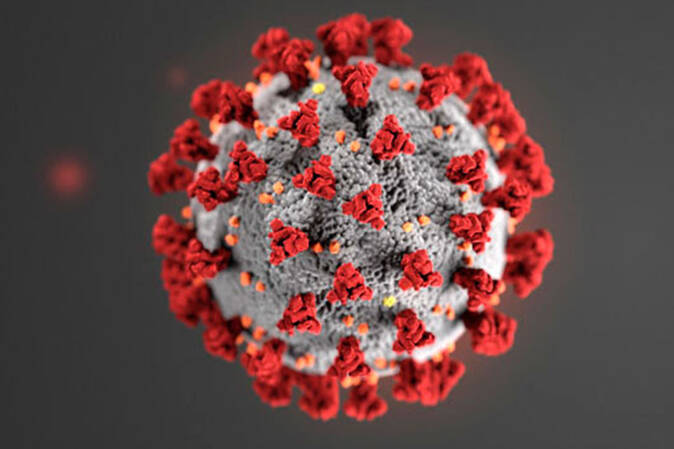The state Department of Health and Social Services on Wednesday reported a total of 2,268 new COVID-19 cases from May 25 through May 31, slightly down from last week’s total of 2,463 reported cases over a seven-day period.
Nationally, the 14-day change rate of newly reported COVID cases has decreased by 3%, according to data from the New York Times, although Alaska reported a 16% total increase over the last 14 days. Cases are increasing in more than half the states in the country, according to the Times data, but there have been signs of improvement in the Northeast and Midwest recently — areas that experienced COVID hikes last month.
DHSS also reported a total of 50 COVID-related hospitalizations in Alaska on Wednesday — up from 46 that time last week. No new deaths were reported.
Officials recommend all eligible Alaskans be up to date on their COVID vaccines to minimize the infection’s impact on communities.
The Pfizer-BioNTech vaccine is approved for everyone 5 years and older, while the Moderna shot is approved for anyone 18 and older. This week the Associated Press also reported that children under 5 may be able to get their first Pfizer and Moderna COVID vaccines as soon as June 21.
As of Wednesday, 65.2% of Alaskans 5 and older were considered fully vaccinated against the virus, according to the DHSS. In the Kenai Peninsula Borough, that average was at 50.5%.
Booster shots are recommended, whether or not a person has already contracted the virus and despite elapsed time since the completion of the primary series.
The Food and Drug Administration said the Johnson & Johnson/Janssen shot should only be given to adults who cannot receive a different vaccine or specifically request J&J’s vaccine, the Associated Press reported. U.S. authorities for months have recommended that Americans get Pfizer or Moderna shots instead of J&J’s vaccine, according to the AP.
The FDA and Centers for Disease Control and Prevention are recommending Pfizer boosters for anyone 12 and older at least five months after the primary series. Additionally, Moderna boosters are recommended for anyone 18 and older at least six months after a primary series.
For those 50 years and older who are up to date with their primary series and first booster, another dose of either Pfizer or Moderna is authorized four months after the initial booster dose. In this category, a person with three vaccines of any combination of Pfizer or Moderna is now eligible for a fourth dose, and those with a single Janssen shot and booster can now receive a third dose of either Pfizer or Moderna.
In addition, certain immunocompromised individuals can also receive another Pfizer or Moderna shot four months after their last booster. This would include three shots for a primary series and two additional booster doses.
A map of vaccine providers can be found on DHSS’ COVID-19 vaccine website at covidvax.alaska.gov.
Reach reporter Camille Botello at camille.botello@peninsulaclarion.com.

